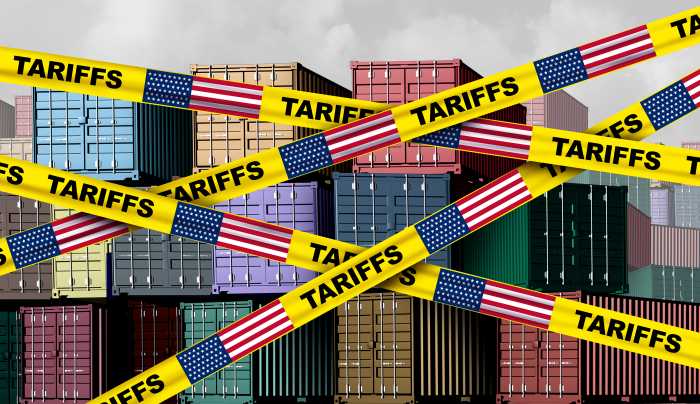Governor of the St. Kitts-based Eastern Caribbean Central Bank (ECCB) Sir K. Dwight Venner has warned Caribbean countries that crime is having a negative impact on their economies.
Sir Dwight told delegates attending the recent Association of Caribbean Commissioners of Police (ACCP) that a study showed that the cost of fighting crime in Jamaica in 2001 was $12.4 billion or 3.7 percent of the country’s gross domestic product. He also cited a 2009 study which took a “comprehensive look” at the impact of crime in that country.
“It reveals the evolution of a system of criminality, which has protruded in every facet of society,” he said, noting “the maturation of this system is frightening as it poses a significant challenge in the state system, which we saw earlier as the government sought to extradite a gang leader from the island,” he said.
Sir Dwight said the focus for Caribbean policy makers over the last two decades had been on the increasing external vulnerability of the economies and this was demonstrated by the transition from agriculture economies to tourism, which had increased vulnerability.
“The major problem arises, however, because of the impact of crime on an industry like tourism. Just recently, cruise ships pulled out of St. Kitts because of the robbery of a bus load of tourists at one of the premier historical sites,” he said.
He noted that quick work by the police with the assistance of the public led to the apprehension of the perpetrators.
The financial sector, he said, also held areas for criminal activity by way of money laundering and terrorist financing, which has the countries under “constant scrutiny.”
Sir Dwight said in view of those challenges, significant restructuring of the domestic economies was necessary at the national and regional levels
He reiterated a call made on previous occasions for a single police force to cover the Organization of Eastern Caribbean States (OECS) that could serve as a complement to the bank.
He argued that it made economic sense, given the funds for police and prisons were necessary for law enforcement.

























